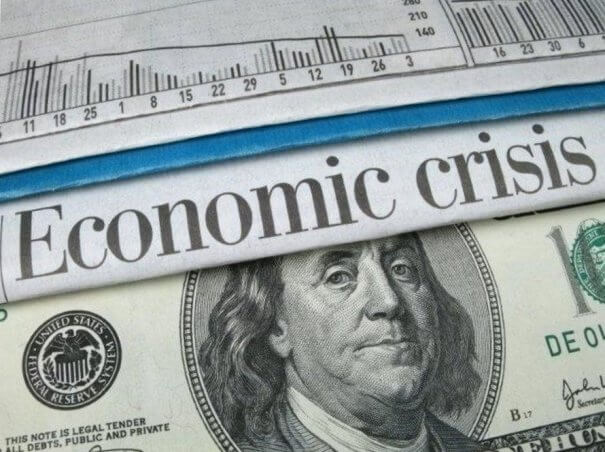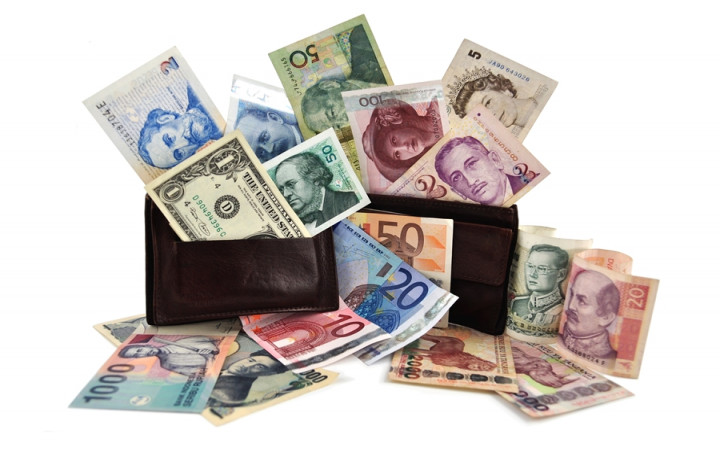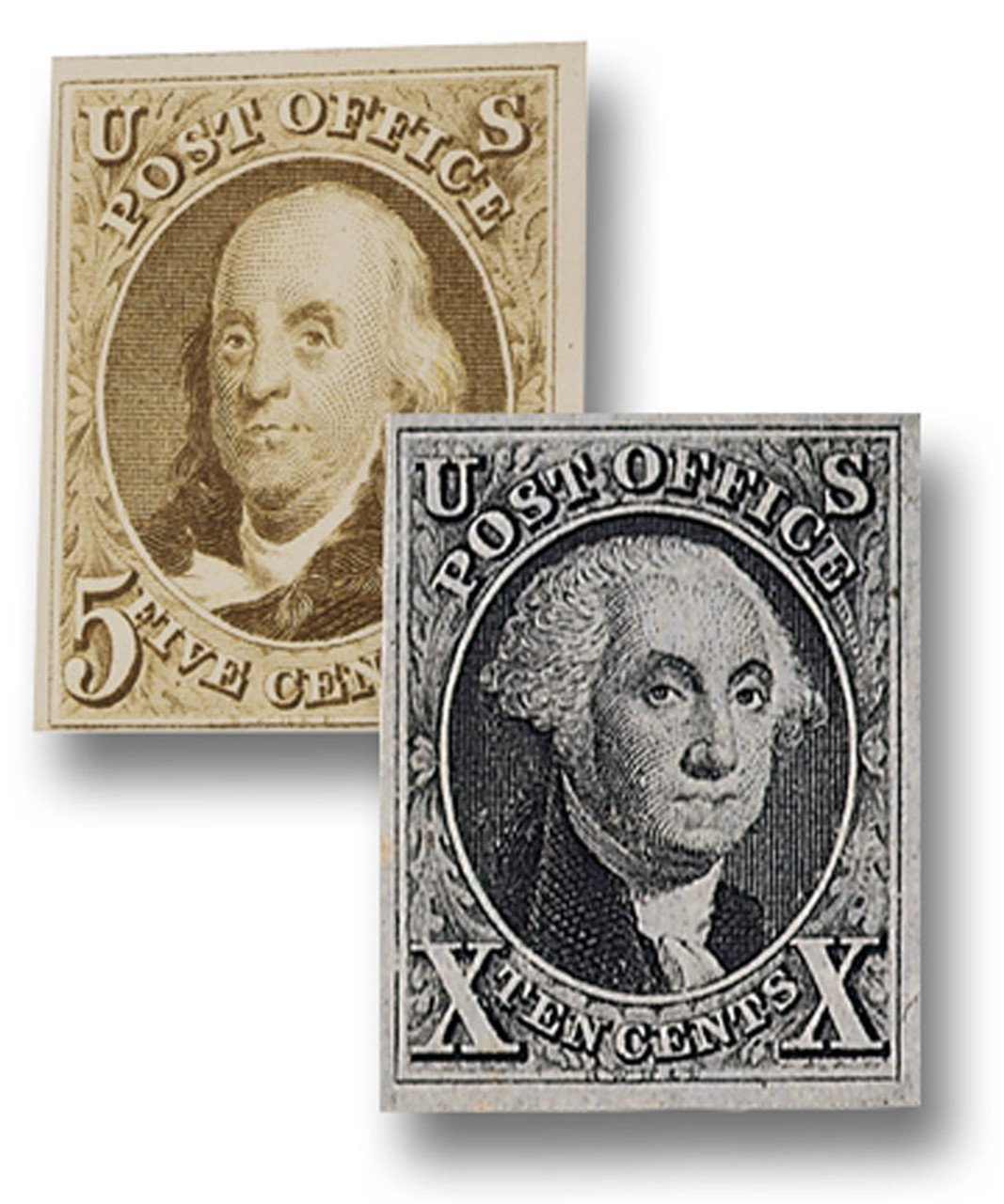The United States Constitution does not mention paper money by that name. Nor does it refer to paper currency or fiat money in those words. There is only one direct reference to the origins of what we, and they, usually call paper money. It is in the limitations on the power of the states in Article I, Section 10.
Who Invented Money? | Wonderopolis
Which problem caused Congress to stop issuing paper money? winter weather. inflation. slavery. poor soldier morale. Multiple Choice. Edit. Please save your changes before editing any questions. 30 seconds. … Financing the war was a problem for the Americans because the Continental Congress had no power to raise money through _____. slavery

Source Image: billykirk.com
Download Image
One of the prime reasons for restraining the state governments was to prevent their flooding the country with unbacked paper money.

Source Image: blog.ipleaders.in
Download Image
Congress issues Continental currency, June 22, 1775 – POLITICO Nov 1, 2023Which problem caused Congress to stop issuing paper money? C. slavery D. poor soldier morale A. winter weather B. inflation C. his army together. D. entertainment for his army. A. Casimir Pulaski. B. Thaddeus Kosciuszko. 8. The man who turned the ragged Continental Army into a more efficient fighting force was

Source Image: zmescience.com
Download Image
Which Problem Caused Congress To Stop Issuing Paper Money
Nov 1, 2023Which problem caused Congress to stop issuing paper money? C. slavery D. poor soldier morale A. winter weather B. inflation C. his army together. D. entertainment for his army. A. Casimir Pulaski. B. Thaddeus Kosciuszko. 8. The man who turned the ragged Continental Army into a more efficient fighting force was On June 22, 1775, Congress issues $2 million in bills of credit. By the spring of 1775, colonial leaders, concerned by British martial law in Boston and increasing constraints on trade, had led
Scientists reveal hidden features in Benjamin Franklin’s colonial paper currency
[1] Background After the Revolutionary War, debt was rampant in the country. The Continental Dollar had depreciated, rendering it an inexpedient form of currency. Hard currency was also scarce at this time. Congress had issued a requisition to the states in order to pay off their debt, roughly 30% of which was to be paid in hard currency. Gold and Silver Is Real Money by the US Constitution – Midas Gold Group

Source Image: midasgoldgroup.com
Download Image
China Pushes Back Against U.S. Statement on South China Sea Claims, ASEAN Stays Silent – USNI News [1] Background After the Revolutionary War, debt was rampant in the country. The Continental Dollar had depreciated, rendering it an inexpedient form of currency. Hard currency was also scarce at this time. Congress had issued a requisition to the states in order to pay off their debt, roughly 30% of which was to be paid in hard currency.

Source Image: news.usni.org
Download Image
Who Invented Money? | Wonderopolis The United States Constitution does not mention paper money by that name. Nor does it refer to paper currency or fiat money in those words. There is only one direct reference to the origins of what we, and they, usually call paper money. It is in the limitations on the power of the states in Article I, Section 10.

Source Image: wonderopolis.org
Download Image
Congress issues Continental currency, June 22, 1775 – POLITICO One of the prime reasons for restraining the state governments was to prevent their flooding the country with unbacked paper money.

Source Image: politico.com
Download Image
Banks push back against proposal to cap overdraft fees to as low as $3 | WWMT Jun 22, 2018The paper money was denominated in dollars ranging from one-sixth of a dollar to $80. As the revolution progressed, Congress issued more than $240 million in Continental currency.

Source Image: wwmt.com
Download Image
1-2 – Complete Set of 2, 1847 Imperforate Stamps – Mystic Stamp Company Nov 1, 2023Which problem caused Congress to stop issuing paper money? C. slavery D. poor soldier morale A. winter weather B. inflation C. his army together. D. entertainment for his army. A. Casimir Pulaski. B. Thaddeus Kosciuszko. 8. The man who turned the ragged Continental Army into a more efficient fighting force was

Source Image: mysticstamp.com
Download Image
Is This the End of Paper Money, Part 2 | Longwave Group Blog On June 22, 1775, Congress issues $2 million in bills of credit. By the spring of 1775, colonial leaders, concerned by British martial law in Boston and increasing constraints on trade, had led

Source Image: longwavegroup.com
Download Image
China Pushes Back Against U.S. Statement on South China Sea Claims, ASEAN Stays Silent – USNI News
Is This the End of Paper Money, Part 2 | Longwave Group Blog Which problem caused Congress to stop issuing paper money? winter weather. inflation. slavery. poor soldier morale. Multiple Choice. Edit. Please save your changes before editing any questions. 30 seconds. … Financing the war was a problem for the Americans because the Continental Congress had no power to raise money through _____. slavery
Congress issues Continental currency, June 22, 1775 – POLITICO 1-2 – Complete Set of 2, 1847 Imperforate Stamps – Mystic Stamp Company Jun 22, 2018The paper money was denominated in dollars ranging from one-sixth of a dollar to $80. As the revolution progressed, Congress issued more than $240 million in Continental currency.